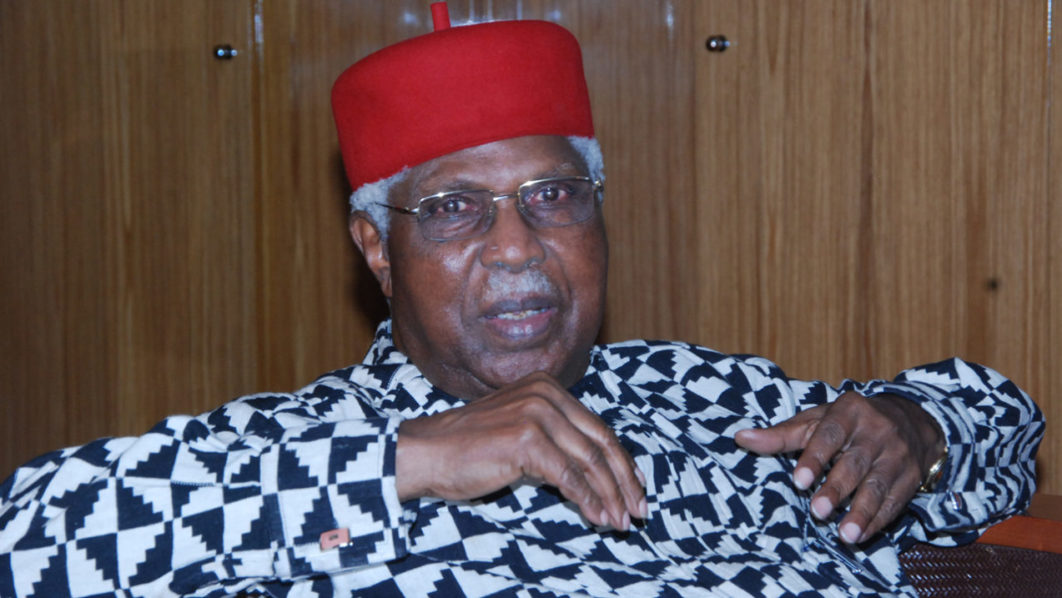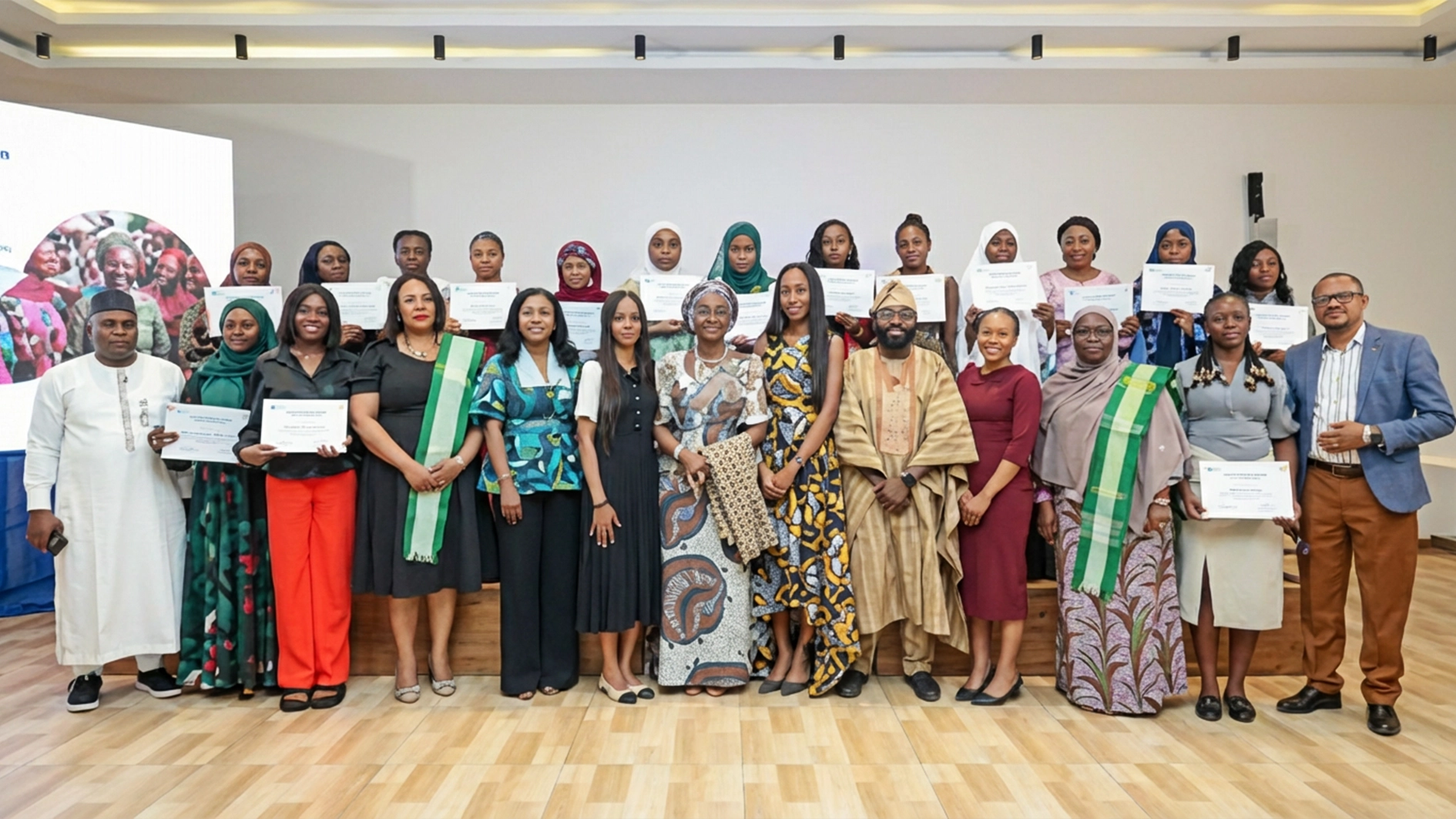
Dr. Alex Ifeanyichukwu Ekwueme was the first elected executive Vice President of Nigeria from October 1, 1979 to December 31, 1983, when the military in a coup d’état took overpower. A seasoned architect, his architecture firm was the first indigenous architectural firm in the country.
Born in Oko, Anambra State, on October 21, 1932, he attended King’s College, Lagos, and the University of Washington, where he had his first degree in Architecture and City Planning. He later obtained a master’s degree in Urban Planning and a doctoral in Architecture from the University of Strathclyde, United Kingdom.
Aside Architecture, Dr. Ekwueme also earned degrees in Sociology, History, Philosophy and Law from the University of London, but attended the Nigerian Law School.
Having practised architecture in London for a while, he returned to Nigeria and joined Esso West Africa, Lagos, before opening his architecture firm. His firm, Ekwueme Associates, Architects and Town Planners, which was the first indigenous architectural firm in the country, wound up for him to assume office as the first executive Vice President of Nigeria in 1979.
Dr. Ekwueme was president, the Nigerian Institute of Architects (NIA) and the Architects Registration Council of Nigeria (ARCON). He was also Chairman, Board of Trustees of the Nigerian Institute of Architects.
In 1971, he was a member of the Housing Sub-committee of the Adebo Salaries and Wages Review Commission and later served on the board of the Anambra State Housing Development Authority from 1976 when the state was created.
In 1979, Ekwueme under the platform of the National Party of Nigeria (NPN), became the first elected executive Vice President of Nigeria during the Second Nigerian Republic that was terminated in 1983.
He was the founding Chairman of NPN and the first Chairman of the party’s Board of Trustees.In 1995, he served on the Committee on the Structure and Framework of the Constitution of the National Constitutional Conference (NCC) held in Abuja. His proposals at the NCC for a just and equitable power sharing formula in the country based on the six geopolitical zones have now been adopted as a panacea for maintaining a stable Nigerian polity.
Ekwueme was a member of different organisations including, the Board of Directors of Canada-based Forum of Federations; the Economic Community of West African States (ECOWAS) Council of Elders, among others.
In 2000, he was the lead team for the National Democratic Institute (NDI) for pre-election monitoring for the parliamentary election in Zimbabwe. He was also the leader of the Organisation of African Unity (OAU) observer team to the Tanzanian Presidential and Parliamentary election in 2000 and the co-leader the NDI/Carter Centre sponsored Observer Team to the Liberian Presidential run-off election in 2005. He led different peace missions within the country and across Africa.
Until his death on Sunday, November 19, 2017, in London, at the age of 85, he was the Patron of the Alex Ekwueme Foundation. His foundation sponsored many youths to universities in Nigeria and abroad.
He also held different national and traditional titles including, the Order of the Republic of Guinea; Grand Commander of the Order of Niger (GCON); the Ide of the Oko Kingdom in Anambra State, among others.
For his philanthropy and patriotism, the former Ebonyi State University, Abakaliki; roads and public buildings have been named after him.
• Compiled by Omiko Awa






